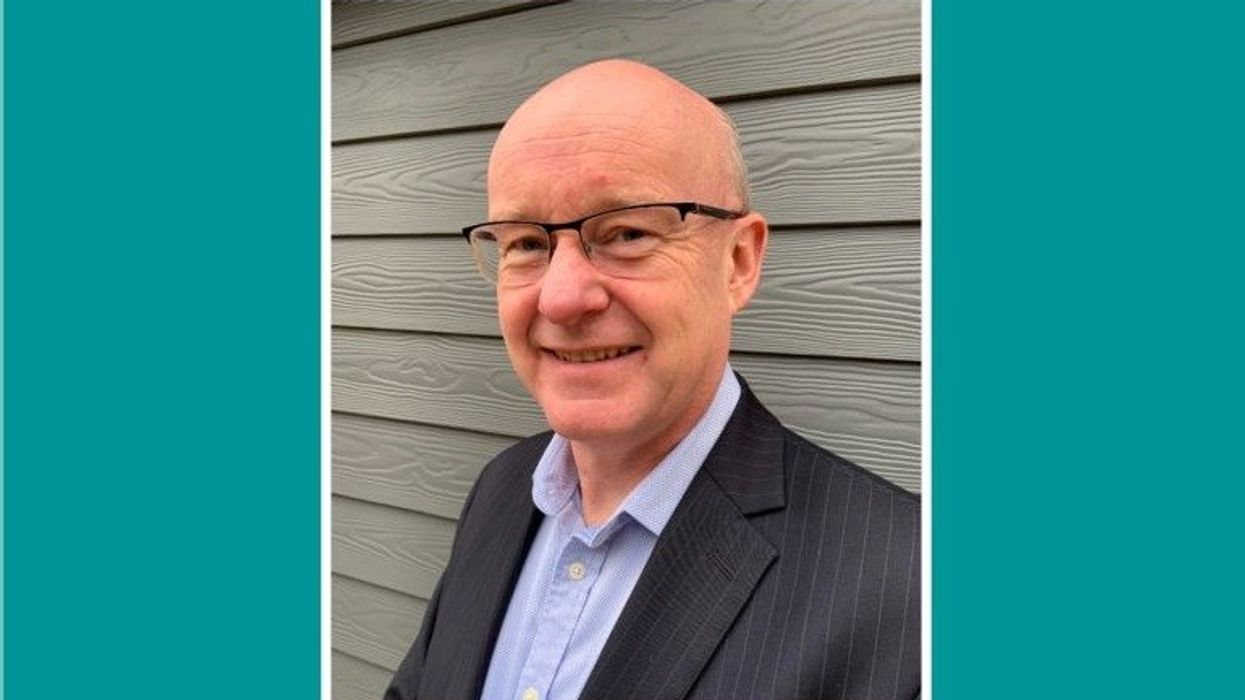Undermining the financial stability of community pharmacies during a period of significant NHS strain is counterproductive, warns Numark Chairman, as it condemns the DHSC’s decision to claw back £9 million monthly from the sector
Addressing the recent announcement made by the Department of Health and Social Care (DHSC) to claw back £9 million per month from community pharmacy contractors, the Chairman of Numark, Harry McQuillan has expressed deep concerns over the financial implications on the sector.
The claw back follows an error in the July calculations of Category M medicine prices, which led to increase in the reimbursements made to community pharmacies.
Beginning August, the DHSC is set to claw back the amount.
McQuillan criticised the decision, highlighting the severe strain it places on already financially vulnerable community pharmacies.
Calling it "a severe blow to an already financially strained sector", McQuillan emphasised that the additional burden has the potential to threaten the viability of many pharmacies.
"Community pharmacies are the frontline of our healthcare system, by penalising these pharmacies for an error not of their making, the Department of Health is jeopardising the foundation of local healthcare delivery," McQuillan criticised.
He further explained that: "The repercussions of this financial clawback are profound. Many community pharmacies operate on slender margins, and the sudden imposition of a £9 million monthly clawback will further threaten their financial viability.
"The community pharmacy sector has already been battling numerous challenges, including rising operational costs, staffing shortages, and increased demand for services. Adding this financial burden could push many pharmacies to the brink."
The DHSC's move has drawn criticism not just from Numark but also from Community Pharmacy England (CPE), which argued that the reduction in prices is "not an acceptable resolution" to the situation.
The CPE pointed out that the miscalculation has led to a £27 million overpayment for the July quarter, which the DHSC plans to recover through future Drug Tariff price reductions.
McQuillan urged the DHSC to reconsider its approach, stressing the critical role community pharmacies play in supporting the NHS and providing essential healthcare services.
He called for support rather than punitive measures, warning that the decision could exacerbate the challenges faced by the sector and, ultimately, harm patients who rely on these services.
McQuillan condemned the DHSC's stance and urged that they "acknowledge the critical importance of community pharmacies and the value they bring to the healthcare system. Instead of penalising them for an administrative error, the Department should be exploring ways to support and strengthen the sector."
"Pharmacies face ongoing financial uncertainty, making it difficult for them to plan and invest in their services.
"This lack of stability is detrimental not only to the pharmacies themselves but also to the patients who rely on them.
"Undermining their financial stability at a time when the NHS is already under significant strain is counterproductive," he concluded.












